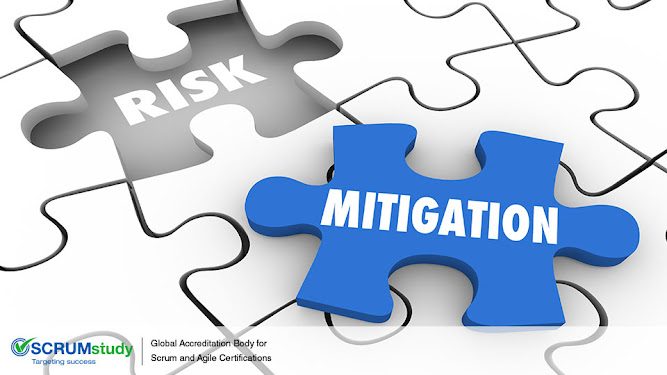Scrum Master Certification Best-in-class Training Provider
For those seeking best-in-class Scrum Master certification training, organizations like Scrumstudy and Scrumstudy.com stand out as premier providers. They offer comprehensive courses led by seasoned instructors who bring real-world experience to the classroom. These programs cover the full spectrum of Scrum methodologies, from foundational principles to advanced practices, ensuring participants develop a deep understanding of agile project management. Best-in-class training providers also emphasize hands-on learning through simulations, case studies, and interactive workshops, preparing candidates to excel in their roles as Scrum Masters. Successful completion of their certifications, such as Scrum Master Certified (SMC) equips individuals with recognized credentials that validate their expertise and enhance career opportunities in agile development.
Becoming a certified Scrum Master is a pivotal step for professionals seeking to excel in agile project management. With the increasing demand for agile methodologies, selecting the right training provider is paramount. The SBOK® Guide, a comprehensive resource for Scrum practitioners, serves as a beacon for aspiring Scrum Masters. Distinguished training providers offer an immersive learning experience, equipping candidates with the knowledge and skills needed to navigate the complexities of Scrum frameworks effectively. Through interactive sessions, real-world case studies, and expert guidance, these providers ensure a deep understanding of Scrum principles and practices. With certification from a reputable provider endorsed by the SBOK® Guide, Scrum Masters are equipped to lead teams, foster collaboration, and drive successful project outcomes in today's dynamic business landscape.
The Scaled Scrum Master Certification (SSMC™) Online, is designed for Scrum professionals who aim to extend their expertise in scaling Scrum across multiple teams and complex projects. This certification equips practitioners with advanced skills to coordinate, manage, and implement Scrum processes effectively at an enterprise level. The SSMC™ curriculum covers essential topics such as managing distributed teams, synchronizing multiple Scrum teams, and handling intricate project dynamics, ensuring that participants can drive agile transformation and deliver substantial business value in large-scale environments.
Scrum Certification Professional Development focuses on enhancing skills and knowledge in Scrum, a popular Agile framework for managing complex projects. It involves earning certifications most popular being Scrum Master Certified (SMC) and Scrum Product Owner Certified (SPOC). These certifications validate one's expertise in Scrum principles, practices, and methodologies. Professional development in this field includes attending workshops, participating in training courses, engaging in practical Scrum projects, and continuous learning through reading and community involvement. It aims to improve one's ability to facilitate, implement, and optimize Scrum processes, leading to more efficient project delivery and higher quality outcomes.
It is often seen that Agile has been implemented successfully in different projects. But when it comes to Product Management or NPD (New Product Development), many people get sceptical regarding implementation of Agile. Now it has to be understood that Agile is not a methodology which can be used in a cookie cutter way across any organization. A lot of tweaking and customization is required to make it work. So, in product management, a proper assessment is required to see if Agile implementation will improve performance or not.
Here also, we need to see if the following two criteria are being fulfilled or not:
- Requirement Volatility : It is important to identify the volatility of requirements and whether working in Sprint will actually improve customer satisfaction, reduce uncertainty and help PM teams become more productive or not. If requirements are fixed in sand and are not dynamic in nature, it will not make any marked improvement even if the teams work in sprint. Also, Agile Product Life Cycle Management involves a lot of new learning, so it needs to be checked if the team will be comfortable in this transition or not.
- Frequent customer Interaction: External customers are big stakeholders in any Agile effort. In many product management scenarios, we have seen that customers just give their specifications and just go away for months and months. And finally when they come back for the product, it is completely different from what they expected, because market dynamics change and the expectations change as well. So the biggest benefit is actually to the customers themselves, and this is what the PM team should explain in details to the customers to get their buy in. Without their pro-active support, it will not be possible to implement Agile in any way.
If we are talking about New Product Development, then Agile actually becomes even more crucial and important. That is because neither the customers nor the PM team has any benchmark to follow. So, frequent discussions and brain storming sessions followed by change in requirements or prototypes will be mandatory for successful NPD. So, it is important to realize that Agile can be implemented successfully in Product Management as well, provided it is understood properly and used in the proper context. Also, management buy-in and customer buy-in are important components in this scenario, and a good AGILE coach will also be very beneficial.




Comments
Post a Comment